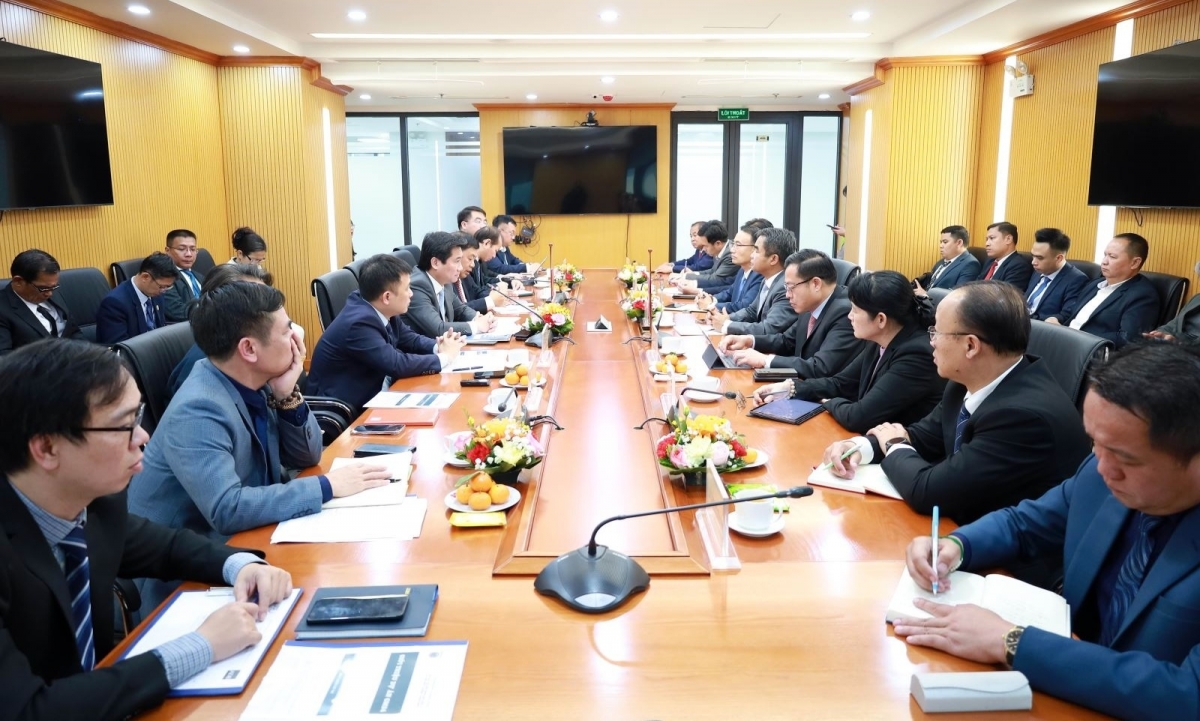INTERNATIONAL INVESTMENT
AND PORTAL
The event was chaired by Australia’s Special Envoy to Southeast Asia Nicholas Moore and Australia’s Business Champion for Vietnam Louise Adams.
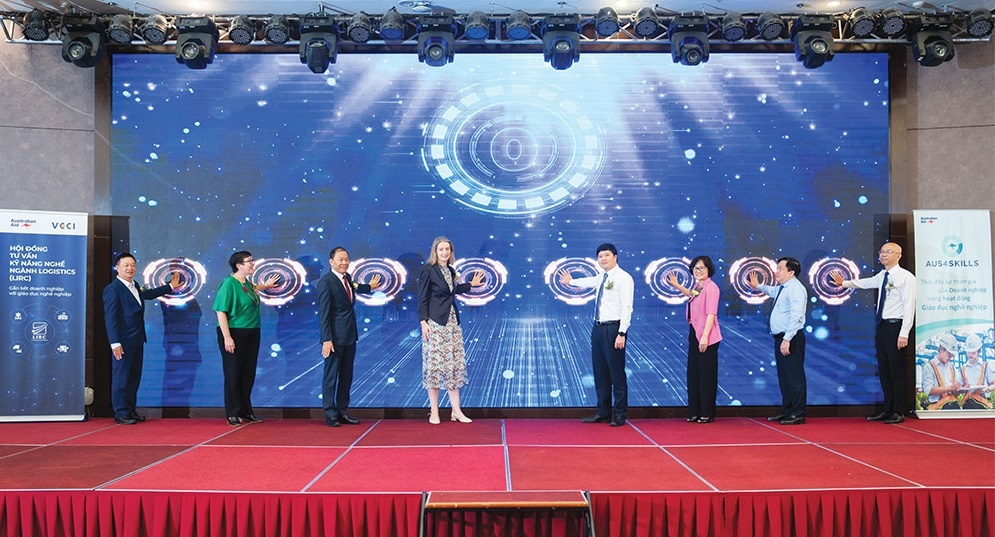 The Australia-Southeast Asia Business Exchange will give Australian exporters more exposure to Vietnam
The Australia-Southeast Asia Business Exchange will give Australian exporters more exposure to Vietnam
At the request of Australian Prime Minister Anthony Albanese, Moore prepared Australia’s national strategy with the goal of promoting two-way trade and investment between Australia and countries in Southeast Asia.
Talking to VIR, Moore said that to sustainably develop, he had suggested 10 priority sectors, including agriculture and food, the green energy transition, infrastructure, education, and more. The Australian government has set aside a $2 billion Southeast Asia Investment Financing Facility to support the whole region.
Investment deal teams with hubs in Singapore, Jakarta, and Ho Chi Minh City will work with Australian investors and local project proponents to facilitate and promote greater Australian investment.
In addition, Regional Launch Pads in Ho Chi Minh City will bring together startups, technology players, multinational corporations, and business to drive Australian tech exports into the region. These will create market knowledge and business connections for technology scale-ups to aid greater market entry and commercial traction.
“The one in Singapore has helped more than 300 Australian companies get established in Singapore. We hope we can do the same to Ho Chi Minh City and help companies from Ho Chi Minh City become established in Australia,” Moore said.
Moore also stressed on the partnership for infrastructure, scholarships, and the Australian Vietnamese business champion.
Other initiatives include the appointment of Adams as a business champion for Vietnam to facilitate greater commercial links. The Australia-Southeast Asia Business Exchange will also give Australian exporters greater exposure to Vietnam and the region, and additional funding of around $148 million to the Mekong-Australia Partnership will help countries in the region address shared challenges, including water security and climate action.
Changes to Australian visa requirements are also expected to strengthen mobility pathways and boost people-to-people links.
Adams promoted the digital skills of human resources, especially in cybersecurity, risk management, and sustainable development. “The government and businesses often have different concerns and priorities, so the risks are also different. The best way is to find common ground to harmonise and develop together,” he said.
According to Chau Ta, executive director of Legal Transactions at SC Capital Partners, thanks to incentive policies and continuous upgrading of the legal system, attracting foreign investment into Vietnam has undergone significant changes, partly catching up and applying international practices.
“This change is excellent for foreign investors. Although economic development has recently slowed down around the world, Vietnam still has many opportunities, especially when a series of new laws will take effect at the end of the year,” Ta said.
Nguyen Xuan Thanh, lecturer of Public Policy at Fulbright University Vietnam, assessed that significant changes in foreign investment will appear in the near future in Vietnam. Among them, agriculture is the most important sector.
“Worldwide, countries are actively supporting and subsidising the agricultural industry. The Vietnamese government needs to clearly determine to what extent they plan to support farmers,” he said.
Vietnam wants to promote production to increase exports. Its labour-intensive manufacturing industries have the potential to attract high-tech industries but also are hard for competing, so Vietnam must improve quality human resources and infrastructure, especially the friend-shoring strategy with the ambition of turning the nation into a suitable country for investment, Thanh said.
“In the past 10 years, the government has actively promoted public-private partnerships, which is a good investment channel in many fields, especially infrastructure,” Thanh said. “However, businesses often cannot predict new government regulations in advance. This uncertainty will still last in the near future. The Vietnamese government will need some time to mitigate this problem,” he said.
In recent years, trade between Vietnam and Australia has grown strongly thanks to free trade agreements. The General Department of Vietnam Customs reported that the two-way trade stood at nearly $14 billion last year, with Vietnam’s exports reaching $5.2 billion.
The two countries were the 10th biggest trade partners of each other in the year, according to the Ministry of Industry and Trade.
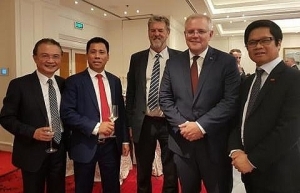 Vietnam and Australia boost economic co-operation
Vietnam and Australia boost economic co-operation
Prime Minister Nguyen Xuan Phuc and his Australian counterpart Scott Morrison chaired a meeting on exchanging and promoting co-operation opportunities between Vietnamese and Australian businesses in Ha Noi on Friday.
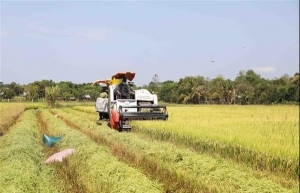 Australian businesses interested in agritech in Vietnam
Australian businesses interested in agritech in Vietnam
Local businesses in Australia’s New South Wales (NSW) have shown their interest in joining the agricultural technology as well as food and beverage sectors in Vietnam – a promising market in their eyes.
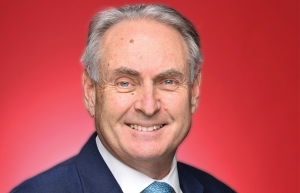 Only way is up for Australian ties
Only way is up for Australian ties
Inspired by the way in which Vietnam has grown its economy and lifted living standards, Australian minister for Trade and Tourism Don Farrell shared with VIR’s Nhat Ha his belief to move towards a comprehensive strategic partnership that would improve business prospects between the two countries.






